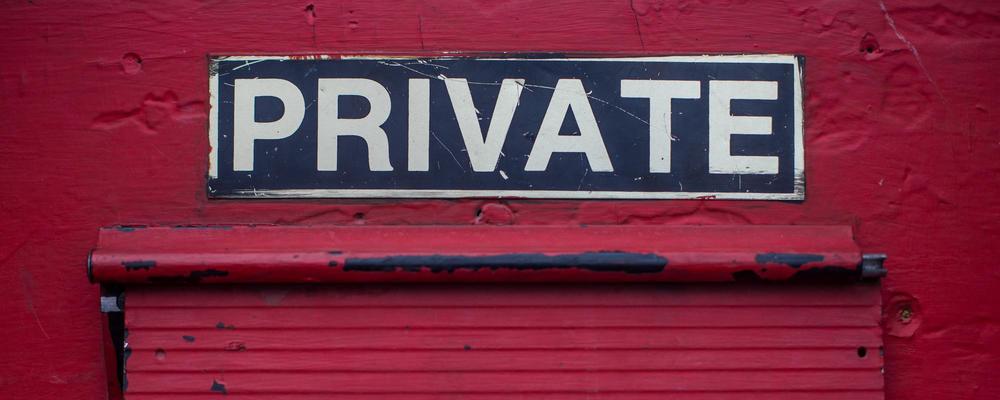
January 28 is Data Privacy Day, and the start of a new semester is a great time to check some online-privacy essentials off your to-do list. Review these steps you can take right now:
Update privacy settings
Check privacy settings for websites, apps, and devices. The National Cyber Security Alliance provides direct links to privacy settings for popular online services and mobile devices—check and update your privacy settings at least once or twice a year.
Change your passwords
Make changing your passwords a quick semester-transition project. Consider using a password manager to generate strong passwords and keep track of your account info.
Protect your accounts
Set up multi-factor authentication for online banking, social media, and other services. Consistently use Two-Step Login to protect your UI data and be wary of email phishing and other scams that try to steal your passwords. If you haven't already, set up the Duo Mobile app and push notifications—they're the fastest, easiest way to complete your two-step logins.
Use Zoom privacy controls
Create unique meeting IDs, use meeting passwords, and take other simple steps to keep interlopers from crashing your online meetings. The university’s IT Security and Policy office offers a roundup of Zoom privacy and security tips.
Browse the web safely
Install software to protect yourself from viruses, spyware, and malware. Use incognito or private modes available in most web browsers to keep your online activity private.
Resist online oversharing
Consider how much is too much, especially on social media. Vacation photos, for example, can reveal when you’re away from home. Online quizzes or games can expose details from social profiles that may be shared or sold without your consent.
Exercise “real-world” caution
Take care when working in public places or using shared computers. Think twice about using unsecured wireless networks, look out for people peeping at your screen, and be sure to log out or shutdown when done using devices available to others.